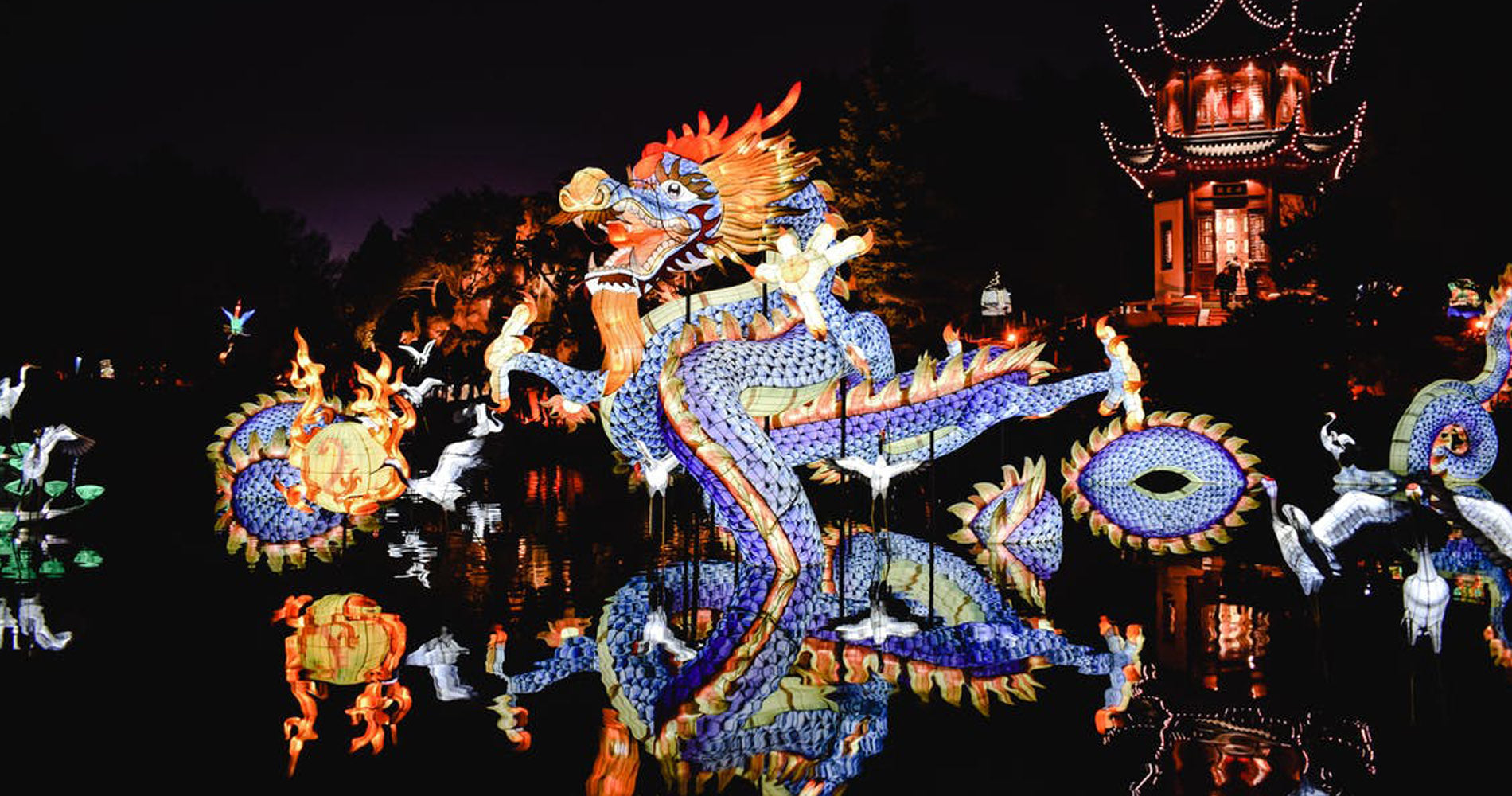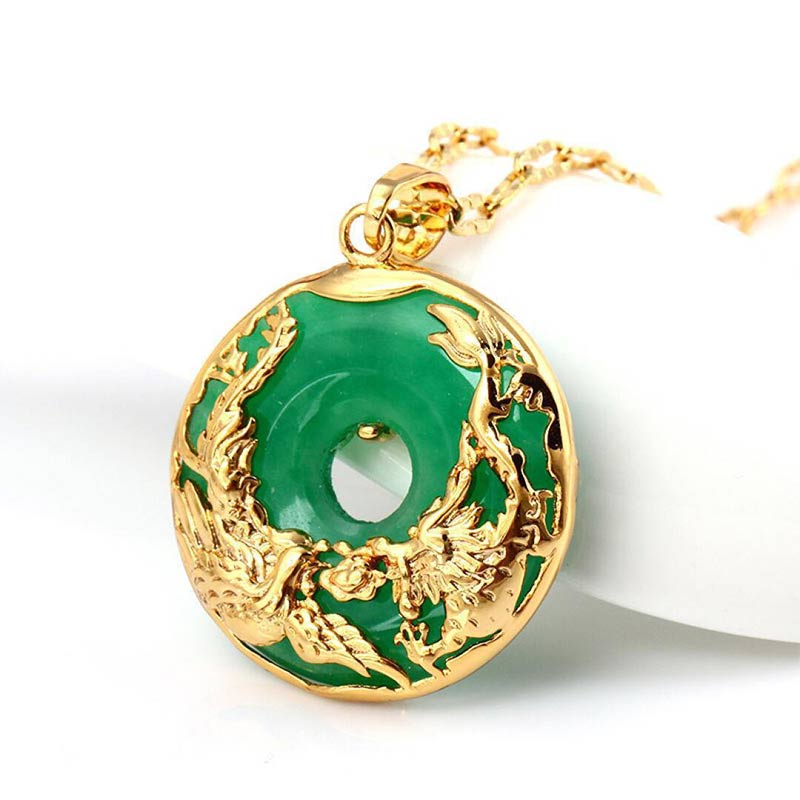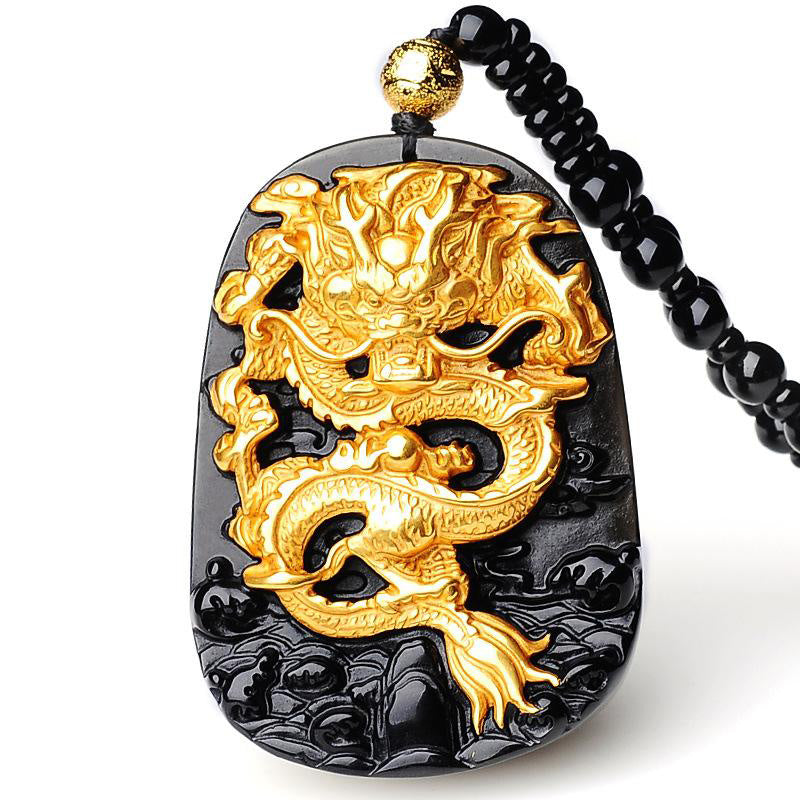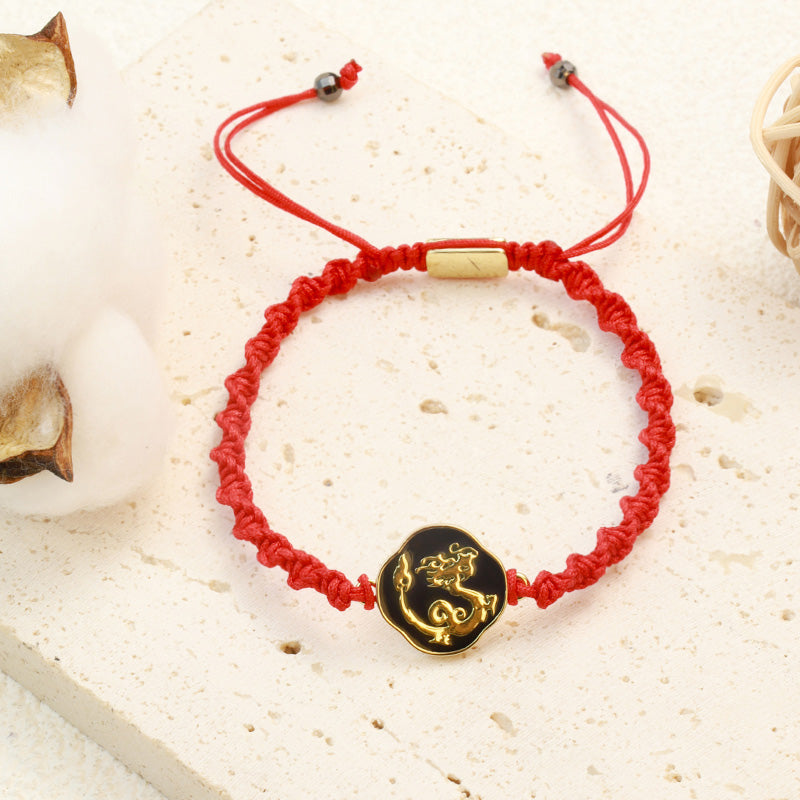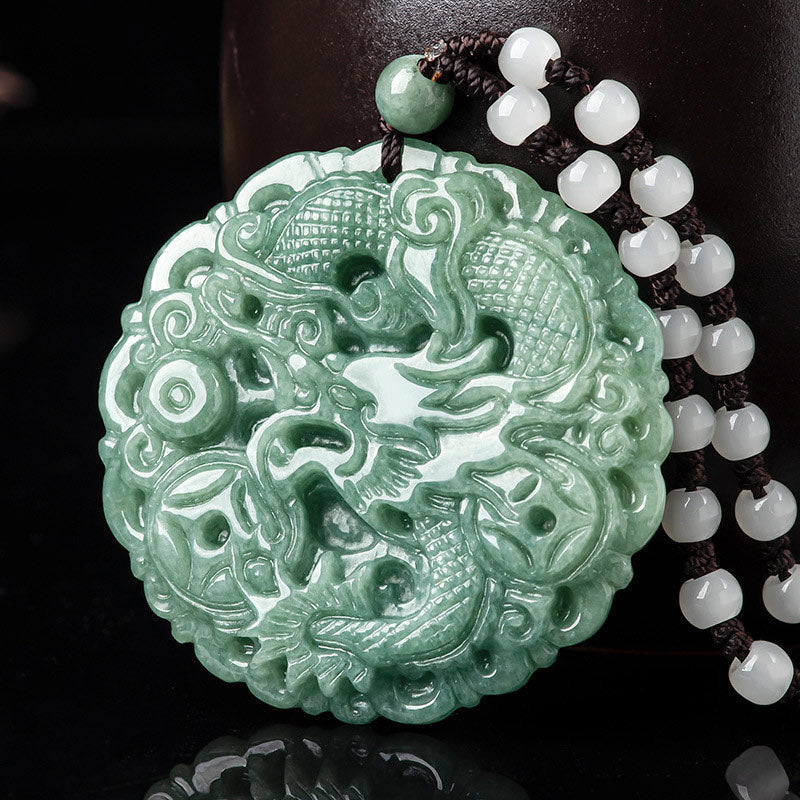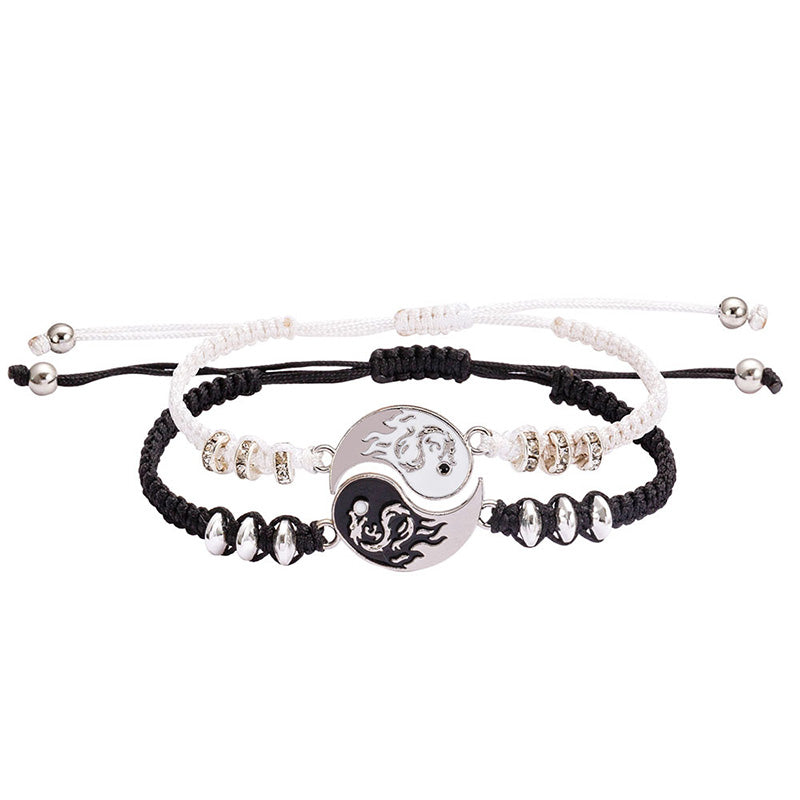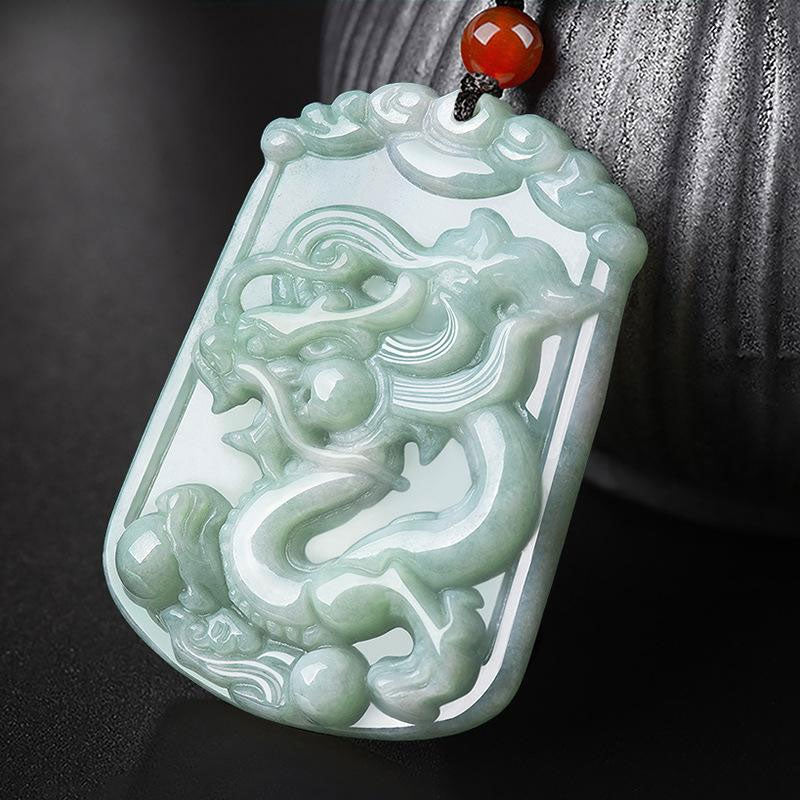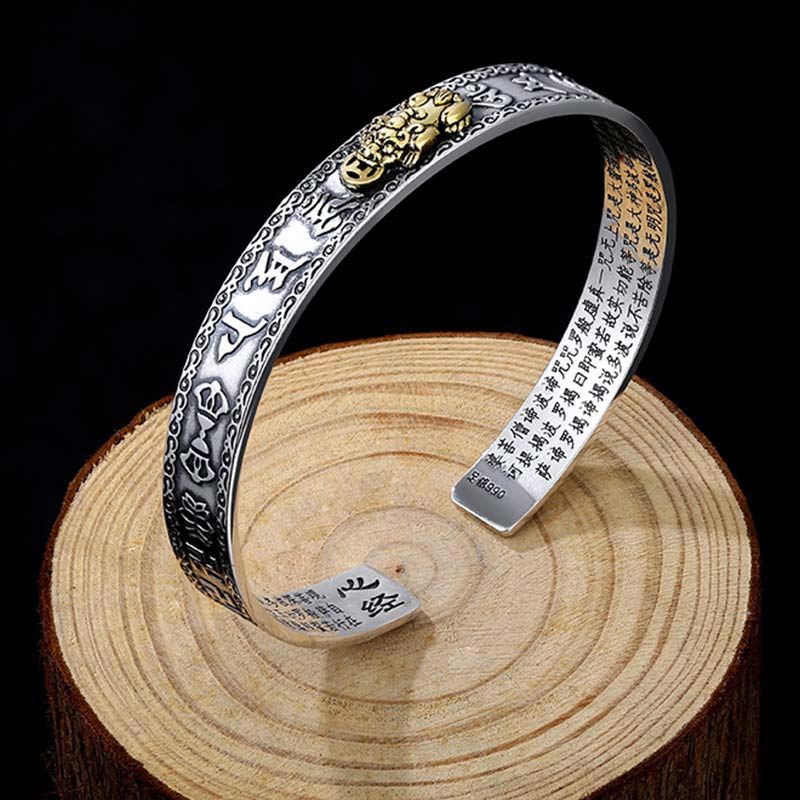
Dragon symbol, representing luck, strength, protection, and success, is a powerful emblem of vitality and courage. It brings fortitude and good fortune to those who embrace it. At Buddha Stones, our products featuring the dragon symbol capture these profound meanings, offering items that inspire confidence, resilience, and a sense of security. Perfect for individuals seeking empowerment and prosperity.
343 products
343 products
































